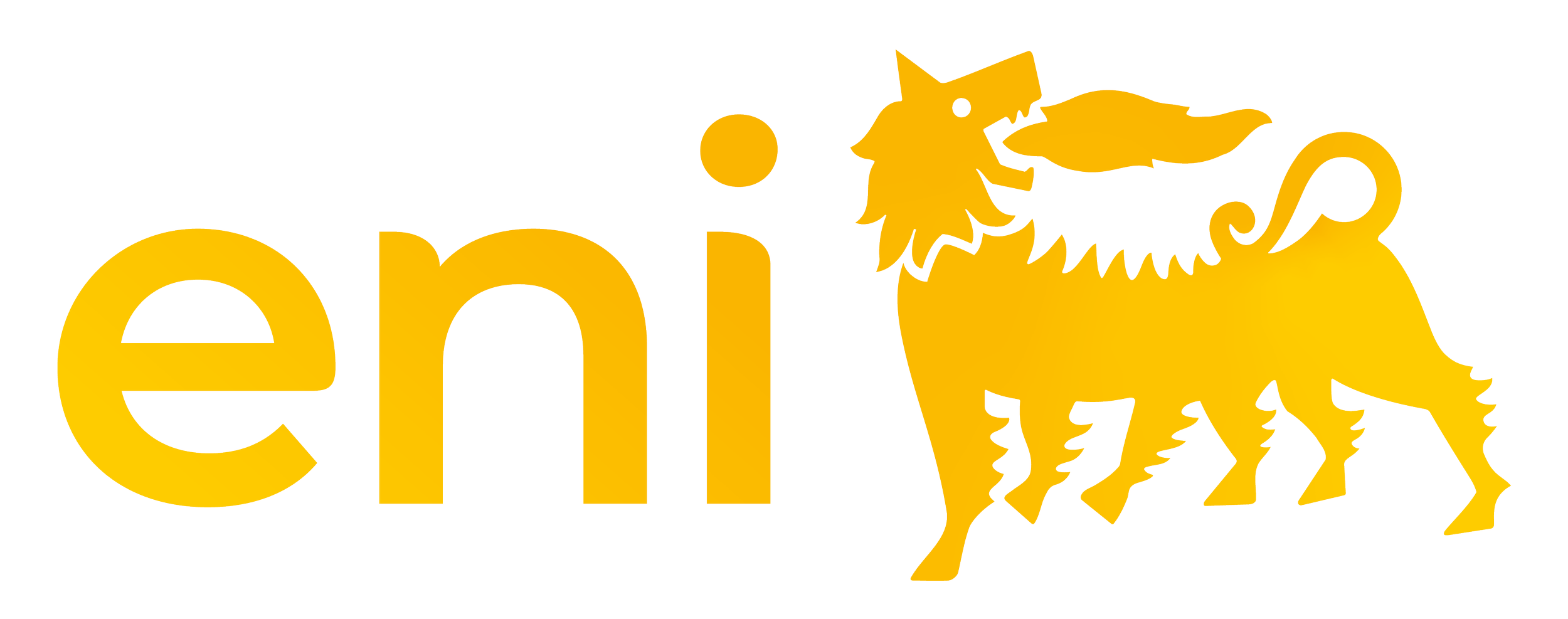In Conversation With... Mario Bello, Head of Sub-Saharan Africa Region at Eni
Eni has established a significant presence in Africa since the 1950s. Given this extensive history, how important is the continent in Eni’s global portfolio?
Africa has played a pivotal role in Eni's past, present, and future. Our journey outside Italy began in Egypt in the 1950s, and since then, we've expanded operations across the continent, fostering lasting partnerships. Today, over 50% of our hydrocarbon production and reserves come from Africa, and we plan to allocate over 50% of our upstream capex here in the future, with a focus on gas to bolster domestic energy needs while also meeting European demand and advancing the energy transition.
During the Africa Energies Summit in 2023, Eni made significant announcements regarding its green field projects in Sub-Saharan Africa. As we look back at the results delivered in 2024, what progress has been achieved?
We take great pride in our accomplishments over the past year in the Sub-Saharan region, demonstrating our ability to deliver on everything announced in a timely and efficient manner. These advancements have opened up new business opportunities, setting the stage for further developments and exciting new discoveries in 2024.
In Côte d'Ivoire, the operational success of Phase 1 of the Baleine project has exceeded all expectations. With oil production currently exceeding 20,000 bbl/d, far surpassing the initial forecast of 12,000 bbl/d, we are on track for continued growth. The project is expected to ramp up by the end of 2024 with the completion of the second phase of development, and Phase 3 to follow with the full development of the field expected to yield up to 150,000 bbl/d. On exploration, another offshore discovery, Calao, was announced in March, underscoring significant potential. Eni’s unmatched exploration approach continues to fuel our success story, uncovering hidden opportunities for further growth.
In the Republic of Congo, LNG export commenced in February, marking the country's entry into the group of LNG exporting countries the project’s second phase is being developed in parallel to reach a total capacity of 4.5 billion cubic metres of gas annually by 2025.
Additionally, projects in Mozambique and Angola are progressing well, with LNG export in Mozambique ongoing since November 2022, and operations thriving in Angola through Azule Energy, our joint venture with bp, currently the largest equity producer of oil and gas in the country.
As you mentioned, natural gas and LNG have emerged as significant players in the Sub-Sharan countries you are working with. How does Eni perceive the role of gas for Africa, strategically?
Natural gas plays a vital role in Africa's energy transition, with increasing prominence in our production mix. Africa's growing energy demands make gas development crucial for regional and global energy security. Our engagement in gas development, evidenced by recent advancements in the Republic of Congo and Côte d'Ivoire, underscores our lasting dedication. It is the result of Eni’s longstanding commitment to prioritise supplying the energy produced to local markets, with approximately 90% of Eni's gas production in 2022 remaining within the producing country, leveraging excess gas for export whenever possible to bring common developments.
How does Eni balance geographical diversification with the transition towards a low carbon energy system within its projects in the area?
We are increasing gas quotas in our production mix to bridge the energy transition, we are increasingly reducing the flaring and we are minimising emissions from production facilities, leveraging leading technologies and innovative initiatives, ongoing in Congo, Mozambique, Angola, and Côte d'Ivoire. Baleine in Côte d'Ivoire represents Africa's first net-zero emissions (Scope 1 and 2) upstream development.
Furthermore, we're integrating African countries into the biofuel value chain, utilising agri-feedstock from degraded land. Vegetable oil production begun in Kenya in 2022 and gained further momentum in 2023, marking our solid expansion into new geographies such as Côte d'Ivoire and Mozambique, where production commenced at the end of 2023. Efforts are also ongoing in the Republic of Congo to further bolster our presence in the country.
Additionally, we're investing in photovoltaic projects in Angola, Tunisia, Algeria, and Egypt, and have established a research centre in the Republic of Congo for energy transition studies in the region.
We also believe that business endeavors must go hand in hand with social progress. Hence, our initiatives include concrete plans crafted with governments to bolster access to energy, education, and healthcare, alongside fostering economic diversification, meeting the countries' needs.
In conclusion, our model combines business, social and environmental sustainability. With 70 years of active investment in Africa, we are committed to further growth, shaping today and tomorrow's energies through innovative technologies and ideas, fostering a just transition with our close partners.



